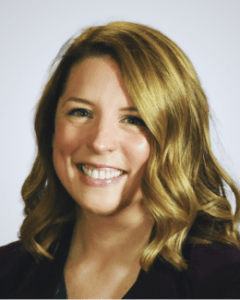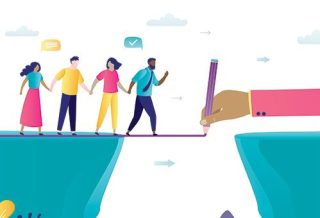IDEAS
Regional agencies are a hub for teacher learning
By Nicole N. Waskie-Laura
Categories: Collaboration, Continuous improvement, Improvement science/networksOctober 2023
Read the remaining content with membership access. Join or log in below to continue.
Sed ut perspiciatis unde omnis iste natus error sit voluptatem accusantium doloremque laudantium, totam rem aperiam, eaque ipsa quae ab illo inventore veritatis et quasi architecto beatae vitae dicta sunt explicabo. Nemo enim ipsam voluptatem quia voluptas sit aspernatur aut odit aut fugit, sed quia consequuntur magni dolores eos qui ratione voluptatem sequi nesciunt. Neque porro quisquam est, qui dolorem ipsum quia dolor sit amet, consectetur, adipisci velit, sed quia non numquam eius modi tempora incidunt ut labore et dolore magnam aliquam quaerat voluptatem.
References
Association of Educational Service Agencies. (2021). About AESA. www.aesa.us/about/index.cfm
Barnett, B.G., Hall, G.E., Berg, J.H., & Camarena, M.M. (2010). A typology of partnerships for promoting innovation. Journal of School Leadership, 20(1), 10-36.
Buchanan, R., Scott, J.A., Pease-Alvarez, L., & Clark, M. (2022). Common ground is not enough: The situated and dynamic process of collaboration in a multiagency teacher professional development project. Teaching and Teacher Education, 117, 1-11.
Corbisiero-Drakos, L., Reeder, L.K., Ricciardi, L., Zacharia, J., & Harnett, S. (2021). Arts integration and 21st century skills: A study of learners and teachers. International Journal of Education & the Arts, 22(2). doi.org/10.26209/ijea22n2
Council for Exceptional Children. (2022). About the HLPs. High-Leverage Practices for Students With Disabilities. highleveragepractices.org
Darling-Hammond, L., Hyler, M.E., & Gardner, M. (2017). Effective teacher professional development. Learning Policy Institute.
Guskey, T.R. (2014). Planning professional learning. Educational Leadership, 71(8), 10-16.
Guskey, T.R. (2016). Gauge impact with five levels of data. The Learning Professional, 37(1), 32-37.
Hansen, A. (2015). How to develop PLCs for singletons and small schools. Solution Tree Press.
Learning Forward. (2022). Standards for Professional Learning. Author.
Stephens, E.R. & Keane, W.G. (2005). The educational service agency: American education’s invisible partner. University Press of America.
Waskie-Laura, N. (2022). Negotiating boundaries, expanding capacity, and shaping instruction through professional development partnerships (Order No. 29996552) [Doctoral dissertation, Binghamton University]. ProQuest Dissertations & Theses Global.
Wenger, E. (1998). Communities of practice: Learning, meaning, and identity. Cambridge University Press.

Nicole N. Waskie-Laura (nwaskiel@btboces.org) is director of professional learning and innovation at the Broome-Tioga Board of Cooperative Educational Services (BOCES) in Binghamton, New York.
Categories: Collaboration, Continuous improvement, Improvement science/networks
Recent Issues
LEARNING DESIGNS
February 2025
How we learn influences what we learn. This issue shares essential...
BUILDING BRIDGES
December 2024
Students benefit when educators bridge the continuum of professional...
CURRICULUM-BASED PROFESSIONAL LEARNING
October 2024
High-quality curriculum requires skilled educators to put it into...
LEARNING TO PIVOT
August 2024
Sometimes new information and situations call for major change. This issue...












